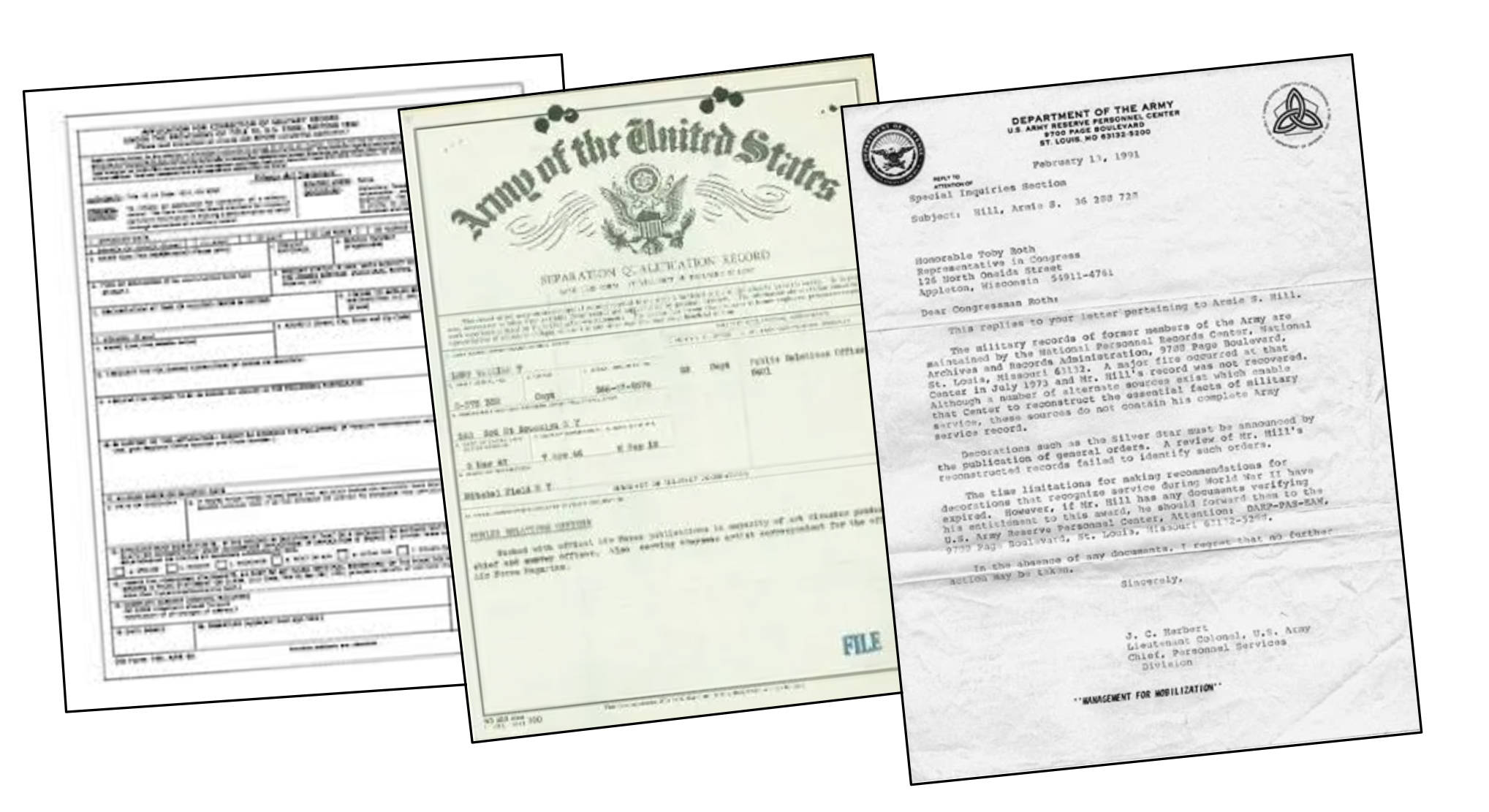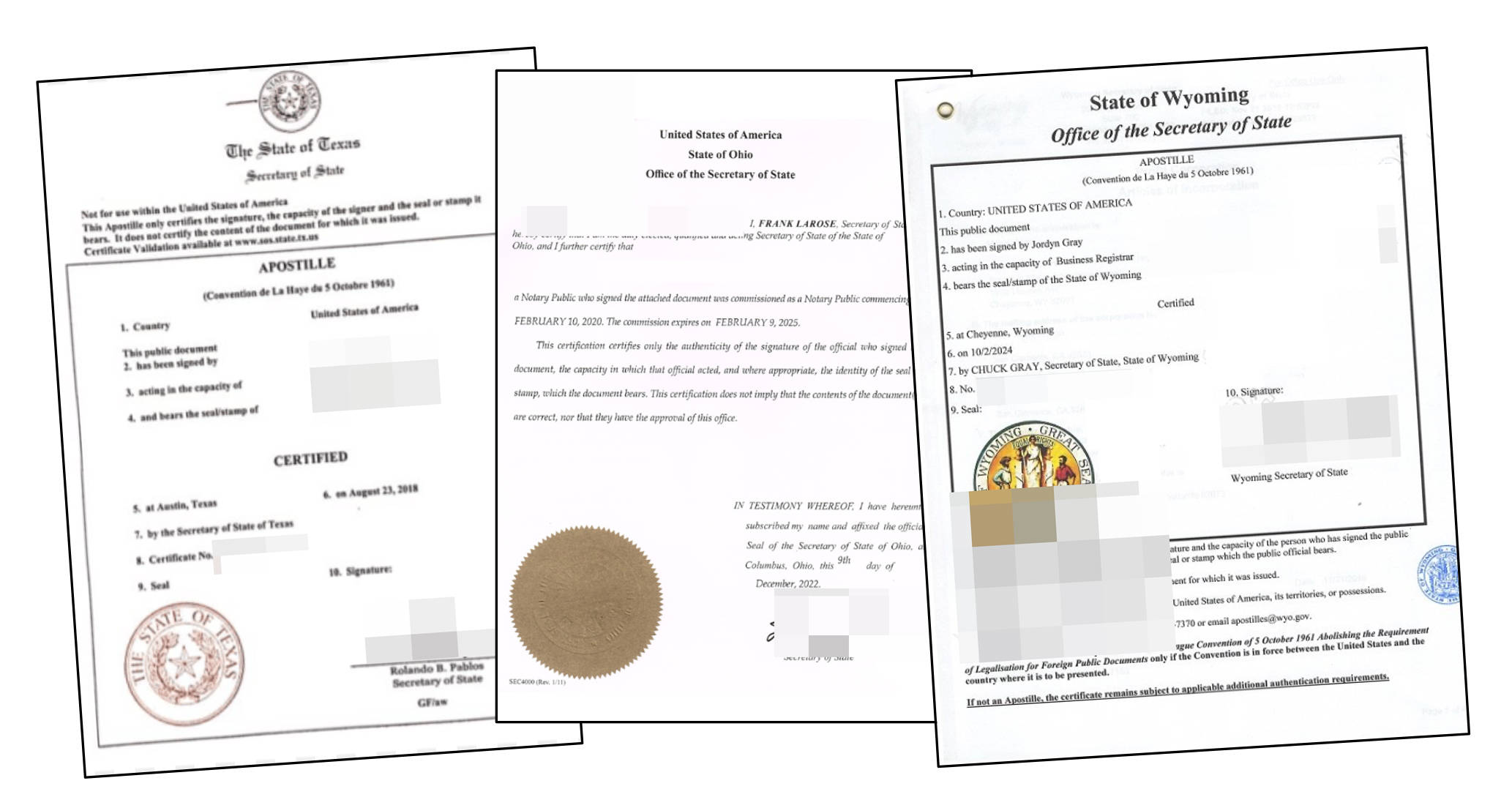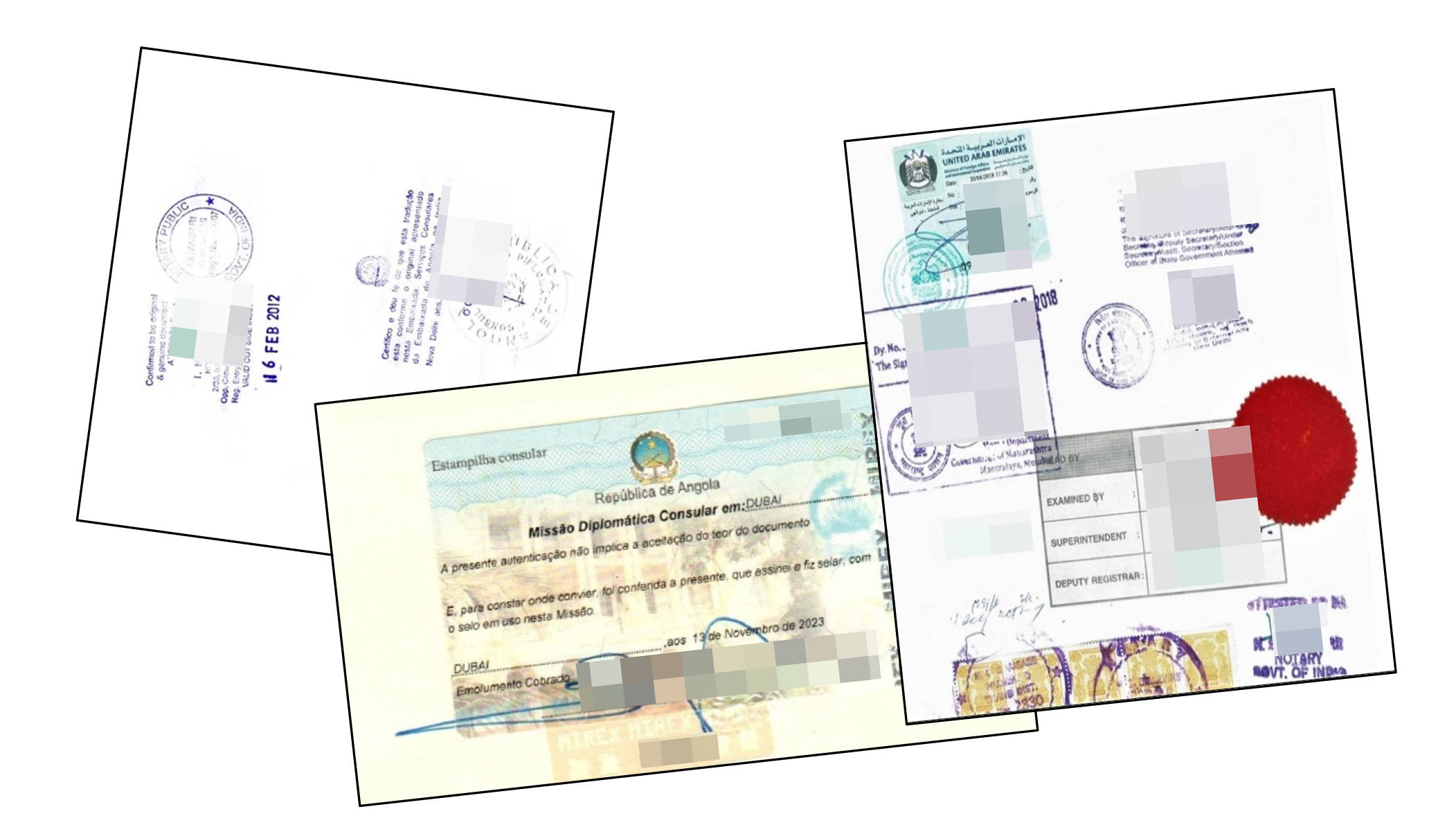U.S. military service record Hague certification, consulate certification.

What is a U.S. Military Service Record?
A U.S. Military Service Record is an official document that details a service member’s time in the military, including rank changes, awards, disciplinary actions, honors and medals, and overall service history. This record not only serves as a testament to the individual’s military experience but is also commonly used for immigration, inheritance, benefits applications, or as proof of military service and qualifications in international matters. When you need to use this record abroad, ensuring its authenticity and international recognition is a crucial step.
Case of a U.S. Military Service Record
In fact, when it comes to a U.S. Military Service Record, many people are initially confused: What kind of document is this? Why do people who have served in the U.S. military need it? And how does it relate to China? Let me use a real case to explain the entire process and the reasoning behind it.
Let’s start with the background. This client, Mr. Zhang (of course, this is a pseudonym), previously served in the U.S. military. At that time, he was stationed in the Seattle area of Washington State. His entire military service record—including his enlistment date, the department he served in, rank changes, awards and medals received, and his discharge certificate—was finally compiled and issued by an archive department under the U.S. Department of Veterans Affairs (VA). This record can be considered the official “resume” of his military career. For him, it holds not only sentimental value but also serves as the legal basis for applying for related rights and benefits both within the U.S. and abroad.
So why would Mr. Zhang suddenly need to use this record in China? It turns out that after Mr. Zhang retired, he continued living in the U.S. but recently decided to settle back in China. He wanted to handle some matters, such as starting a business in a city like Shanghai, dealing with his immigration status, or applying for certain special policies or benefits. In all of these cases, he needed to prove his U.S. military service, his discharge status, and sometimes even provide information about his overseas experience and qualifications. In short, these matters required him to present an official, internationally recognized U.S. military service record. Simply having the original document wasn’t enough because, to Chinese authorities, that was a foreign official document, and it needed to be verified for authenticity and validity first.
Before this, China had very strict and complex requirements for the use of foreign public documents: for a foreign official document to have legal effect in China, it often had to go through a “three-level certification” process—first, notarization in the U.S., followed by certification from the Secretary of State, and then authentication by the Chinese consulate in the U.S. This process was time-consuming and cumbersome. However, on March 8, 2023, China announced its accession to the “Convention Abolishing the Requirement of Legalization for Foreign Public Documents” (the “Hague Convention”), and it officially came into effect on November 7, 2023.
What does this mean? Simply put, after a U.S. notarized document undergoes U.S. Hague certification (Apostille), it can now be used directly in Hague Convention member countries, including China, without the need for multiple rounds of consular authentication. For people like Mr. Zhang, who need to bring their U.S. military service records back to China, this is a huge time-saver—it’s like opening a fast-track gate for them.
That being said, for Mr. Zhang, this was his first time dealing with these international certification procedures. How would he know which department to go to? How could he determine whether the military service record needed notarization, who would handle the Apostille certification, or what to do if consular authentication was required? He wasn’t familiar with the processes of U.S. government agencies, and he didn’t have the time to fly to Washington, D.C., to handle the paperwork. That’s when he found the “Washington DC Notary Office.”
The “Washington DC Notary Office” is a specialized agency that handles international document certification services. They are well-versed in the certification processes for official documents from all U.S. states. Mr. Zhang only needed to provide them with the relevant details of his U.S. military service record and specify its intended use—such as for company registration document review in Shanghai, or applying for a special talent introduction program (just as an example). They would then offer professional advice based on his specific needs.
After the Hague Convention came into effect, they would first confirm whether Mr. Zhang’s document required additional notarization and then assist with the U.S. Hague certification (Apostille) process. If China hadn’t fully implemented the Hague Convention yet (due to some special cases during the initial implementation phase), or if certain institutions had misunderstandings about how the using country (China) interprets the convention, requiring a double layer of security, they could also coordinate and arrange consular authentication (Authentication) procedures. During this process, Mr. Zhang wouldn’t need to run around or search for information himself, nor would he have to contact different departments. He could relax in China and simply wait for updates, receiving progress reports from the “Washington DC Notary Office” every few days.
In the end, Mr. Zhang received a U.S. military service record (Military Service Record) that had been certified with the U.S. Hague Apostille. When he presented this document to the relevant business department in Shanghai, they immediately recognized its full notarization and certification, in line with international standards and China’s latest policy guidelines. The document was accepted as legally valid, and the approval process went smoothly. Mr. Zhang saved time, effort, and money, completing what would have been a months-long international notarization process in a much shorter time with greater efficiency. As a result, his company registration, identity confirmation, and policy benefits in China all proceeded without a hitch, and he no longer ran into obstacles because of international certification issues.
In conclusion, Mr. Zhang’s case teaches us that the U.S. military service record (Military Service Record) is like the key to opening a door of international trust when handling matters in China, and the “Washington DC Notary Office” is the professional craftsman who polishes that key to perfection, making it easy to unlock the door. Especially after China joined the Hague Convention, the document certification process has been greatly simplified. With the help of professional agencies, clients’ cross-border matters have become much easier and more reliable. This is the true convenience and value of international document certification in the new era.
We share this case to help everyone better understand the related processes and practical scenarios. Please note that the company names and personal names mentioned in this explanation are purely fictional. Any resemblance to real companies or individuals is purely coincidental. Our case is only provided as reference material, intended to offer a framework for thinking and judgment, so you can make more informed decisions in actual situations. When applying the case information, please carefully consider your own circumstances and seek professional advice or further verification when necessary.
What is U.S. Hague Certification (Apostille)?
When you need to use official U.S. documents in certain countries or regions that are part of the “Hague Convention,” the “Hague Certification (Apostille)” is the key to unlocking international legal validity. In simple terms, Hague certification is an international confirmation of a document’s authenticity. It is like adding a globally recognized “legal seal” to your military service record. After obtaining Hague certification, you no longer need to go through tedious repeated authentication procedures, and can smoothly use the document in member countries of the convention. This not only saves time but also makes your progress in international affairs more efficient and hassle-free.
What is U.S. Consular Authentication?
If the country where you need to use your military service record is not a member of the “Hague Convention,” you will need to go through the important process of “U.S. Consular Authentication.” Consular authentication is a process in which relevant U.S. government departments and foreign consulates or embassies work together to verify the authenticity of a document, ensuring that it will be legally recognized in the specific country. Although the process is relatively cumbersome, going through the proper channels for authentication allows your military service record to have legal effect in non-member countries, ensuring the smooth progress of your cross-border affairs.
Washington DC Notary Office Provides Agency Services
When facing the complex international certification procedures, many people often feel confused and stressed about where to start. That’s why the Washington DC Notary Office is dedicated to providing you with professional, efficient, and thoughtful one-stop agency services. Whether you need to obtain Hague certification or consular authentication for your U.S. military service record, we have an experienced professional team ready to tailor solutions for you. From initial document review to submission and progress tracking, all the way to receiving the final certification result, we approach every step with rigor and attention to detail, ensuring your overseas matters are handled efficiently and worry-free. Choose us, and let us help you navigate the complexities of international certification with ease, so you can embark on your international affairs journey without stress.
Apostille Sample

Authentication Sample
